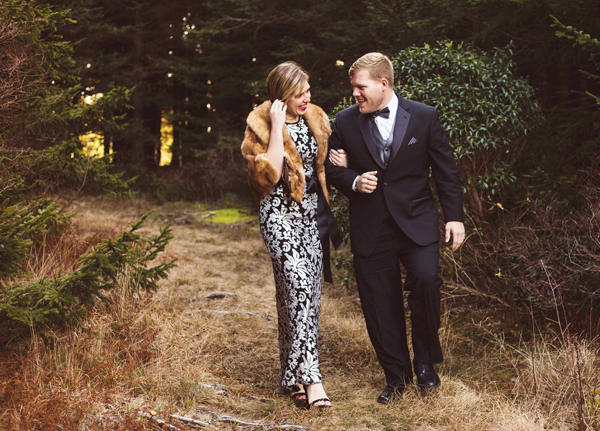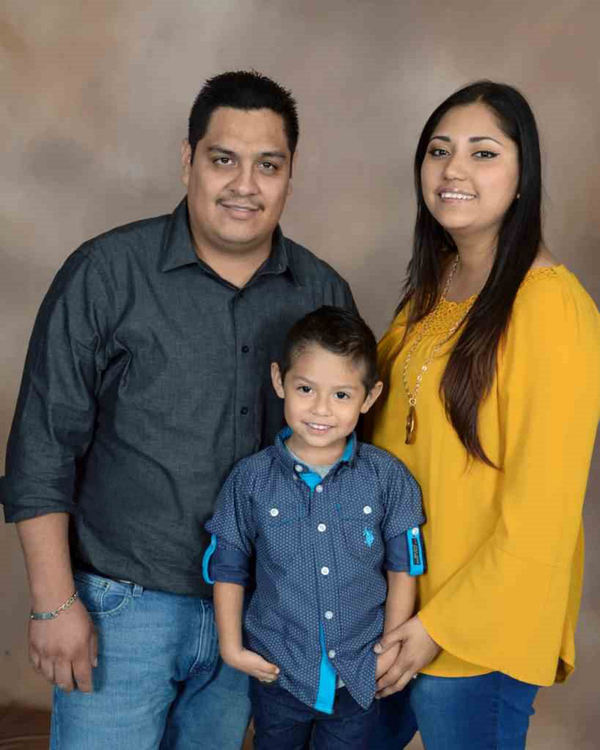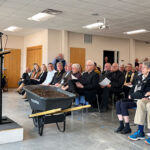(Editor’s note: Natural Family Planning Awareness Week is July 22-28. It celebrates God’s gift of marriage and vision for human sexuality and highlights the anniversary of the papal encyclical Humanae Vitae, which was released 50 years ago on July 25.)
By Lindsay Steele
The Catholic Messenger
Emilee Renwick didn’t know a lot about Natural Family Planning (NFP) prior to attending a diocesan marriage prep program in Muscatine last month. “No one really discusses these topics openly,” said Renwick, who will marry her fiance, Kevin Caba II, later this year in Christ the King Chapel at St. Ambrose University in Davenport.
During the program, Marianne Agnoli, marriage and family life coordinator for the Diocese of Davenport, offered an overview of different NFP methods. Each one helps couples identify times of peak fertility. Couples can use this information to attempt to achieve or avoid pregnancy. NFP is the only method of family planning approved by the church, and modern methods are at least 98 percent accurate when correctly followed.

Emilee Renwick and her fiance, Kevin Caba II, are set to marry later this year at Christ the King Chapel at St. Ambrose University in Davenport.
“I really loved the science behind it and I’m not a science person at all,” Renwick said. “Marianne broke it down for us so simply. It was much easier to understand and digest. … Everyone was open, honest and realistic about how we can, if we choose, incorporate NFP in our marriage.”
The Diocese of Davenport began requiring introductory Natural Family P lanning instruction as part of marriage prep in January 2017. Prior to this, the intensity and content of NFP education was generally up to the persons in charge of a parish’s marriage prep program.
Agnoli wasn’t sure how engaged couples would respond to this new requirement. After it took effect, she began surveying couples before and after diocesan marriage prep workshops.
The results of more than 165 surveys revealed that lack of accurate information may play a key role in whether a couple considers incorporating NFP into their marriage. For Agnoli, the results challenge the notion that disinterest is a primary motivating factor for couples who choose not to use NFP.
In the surveys, roughly 50 percent of couples indicated that they were generally unfamiliar with NFP prior to the instruction. Couples familiar with NFP often associated it with the outdated and generally inaccurate Rhythm Method. “A lot of couples are concerned about effectiveness,” Agnoli said.
The local survey results indicate that NFP isn’t discussed much outside of marriage prep, even in Catholic homes and institutions. One young woman shared with Agnoli that she had been through 13 years of Catholic school and attended a Catholic university but never learned anything about NFP prior to the marriage prep workshop.
“How can you be interested — or disinterested — in something you don’t know anything about?” Agnoli said.
The surveys showed that nearly 70 percent of couples are interested in learning more about NFP after taking the intro course. This finding was a pleasant surprise for Agnoli, who anticipated the percentage would be closer to 25 percent. “We expected more pushback, but there really wasn’t.”
Engaged couples may choose to fulfill their NFP requirement by signing up for a diocesan one-day or weekend marriage prep program.
Agnoli, who has been practicing NFP for more than 30 years and has two adult children, offers an intro course with information about the different methods of NFP, their effectiveness and how NFP can benefit marriage as a whole. Though she is certified to teach Billings Method, she believes it is important to discuss all options with engaged couples.
Rather than focusing on the “evils” of artificial contraception during the presentation, Agnoli prefers to share how practicing Natural Family Planning “contributes to the physical, emotional and spiritual health of individuals, marriages and families.” It can be empowering for women to learn how their bodies work, and the skills learned from practicing NFP — such as patience, communication and self-control – are useful in other aspects of married life, too. At the workshops, Deacon Chris Kabat and his wife, Julie, offer their NFP story to give the engaged couples another perspective and example.

Gerardo, Ana and Isaí De La Torre
Other options for fulfilling the NFP requirement of marriage prep include individual couple or group on-location instruction; live or self-paced online instruction (generally reserved for couples with extreme scheduling conflicts such as military couples); one-on-one video conferencing instruction; or watching the Introduction to Natural Family Planning video and completing the related study guide. A Spanish version of the NFP video is available and online instruction is available in several languages.
Ana and Gerardo De La Torre and Juan and Nely De La Torre, who are interested in offering NFP instruction to Spanish-speaking couples, are training to become teachers in the Families of the Americas ovulation method. Agnoli believes that personal instruction has more impact than a video or online course, so she looks forward to the couples completing training and becoming resources for the Spanish-speaking community. The De La Torres are scheduled to present an Introduction to NFP in Spanish at St. Mary Parish in Ottumwa after the Spanish liturgy on Sept. 16.
Ana De La Torre, who has a 4-year-old son and is expecting a daughter later this year, did not know much about NFP when she got married. Her interest in NFP grew after a seminarian friend invited her to take an NFP course. “My eyes were opened to a different understanding of NFP. It’s not what I thought it was; I always thought it was about not using any contraceptive method because the church condemned it. Not at all; it was all about how much God loves us and wants the best for us as a couple and as a family of God, how all those artificial methods are not open to life and can hurt our bodies more than they can help.”
She believes that NFP is about celebrating a woman’s fertility. “With the help of our husbands, (we can) plan a family without needing to use contraceptive methods.”
For more information about NFP
Additional information on NFP can be found on the diocesan website at https://tinyurl.com/ybhfes6o or call Marianne Agnoli at (563) 888-4242.











